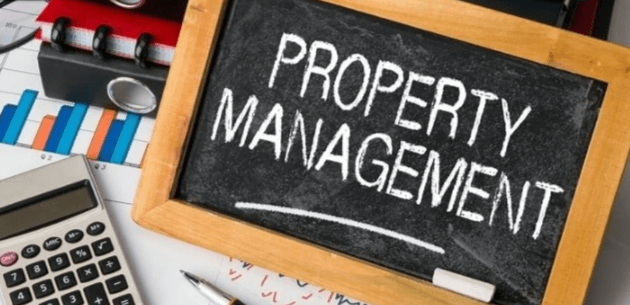How to Determine the Value of a Property

Determining the value of a property requires a multifaceted approach that encompasses various critical factors. Key considerations include location, property features, and prevailing zoning regulations, which collectively influence market perception. A comparative market analysis of similar properties provides valuable benchmarks, while an understanding of current market trends and economic indicators can reveal shifts in buyer behavior. Furthermore, assessing the property’s condition and seeking professional appraisals ensures a comprehensive evaluation. Yet, the intricacies involved in accurately valuing a property often lead to unexpected insights that may challenge conventional wisdom. What might these insights reveal?
Understanding Property Value Factors
When assessing property value, several critical factors come into play that can significantly influence a property’s market worth.
Location significance stands as a primary determinant, as it affects accessibility, desirability, and potential appreciation.
Additionally, property features such as square footage, condition, and amenities further refine valuation.
An objective analysis of these elements provides a clearer understanding of a property’s true market potential.
Evaluating Comparable Sales
A thorough evaluation of comparable sales, often referred to as “comps,” is a fundamental step in accurately determining property value.
By analyzing comparable properties within the same market, one can assess their sale prices to derive a realistic valuation.
This method relies on identifying key similarities and differences, ensuring a comprehensive understanding of how these factors influence overall market dynamics and property worth.
Analyzing Market Trends
Understanding market trends is essential for accurately assessing property value, as these trends reflect the broader economic conditions and buyer behavior within a specific area.
By analyzing market demand and various economic indicators, investors can identify fluctuations in property values.
This knowledge enables stakeholders to make informed decisions, anticipate future changes, and navigate the real estate landscape with greater confidence and autonomy.
Assessing Property Condition
Evaluating the condition of a property is a critical component in determining its overall value.
Comprehensive property inspections reveal structural integrity, necessary repairs, and potential liabilities. Additionally, reviewing the maintenance history provides insight into the property’s care over time, influencing future investment decisions.
A thorough assessment ensures that potential buyers can make informed choices, ultimately aligning with their desire for freedom and informed ownership.
Utilizing Professional Appraisals
When determining property value, utilizing professional appraisals serves as a fundamental practice that enhances accuracy and objectivity in the valuation process.
Appraisers employ various appraisal methods, such as the cost approach and sales comparison approach, to provide comprehensive cost estimation.
These methodologies not only uphold industry standards but also empower property owners with informed insights, ensuring a fair market representation of their investment.
Conclusion
In conclusion, determining property value emerges as a multifaceted endeavor, where location reigns supreme, comparable sales provide a guiding light, and market trends unveil the economic pulse. The condition of the property, akin to a hidden treasure, reveals its true worth. Professional appraisals stand as beacons of objectivity, illuminating the path toward informed investment decisions. Thus, a comprehensive approach ensures that property valuation transcends mere numbers, transforming into an artful synthesis of analysis and insight, ultimately shaping successful real estate ventures.







